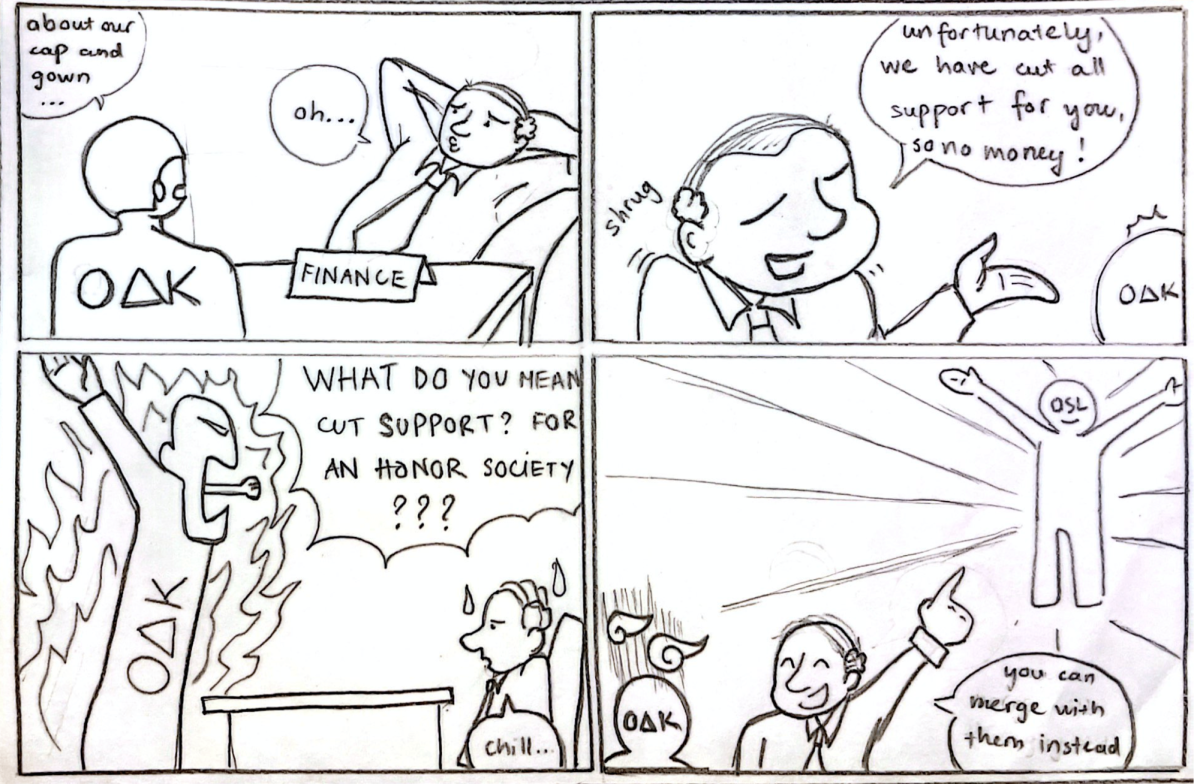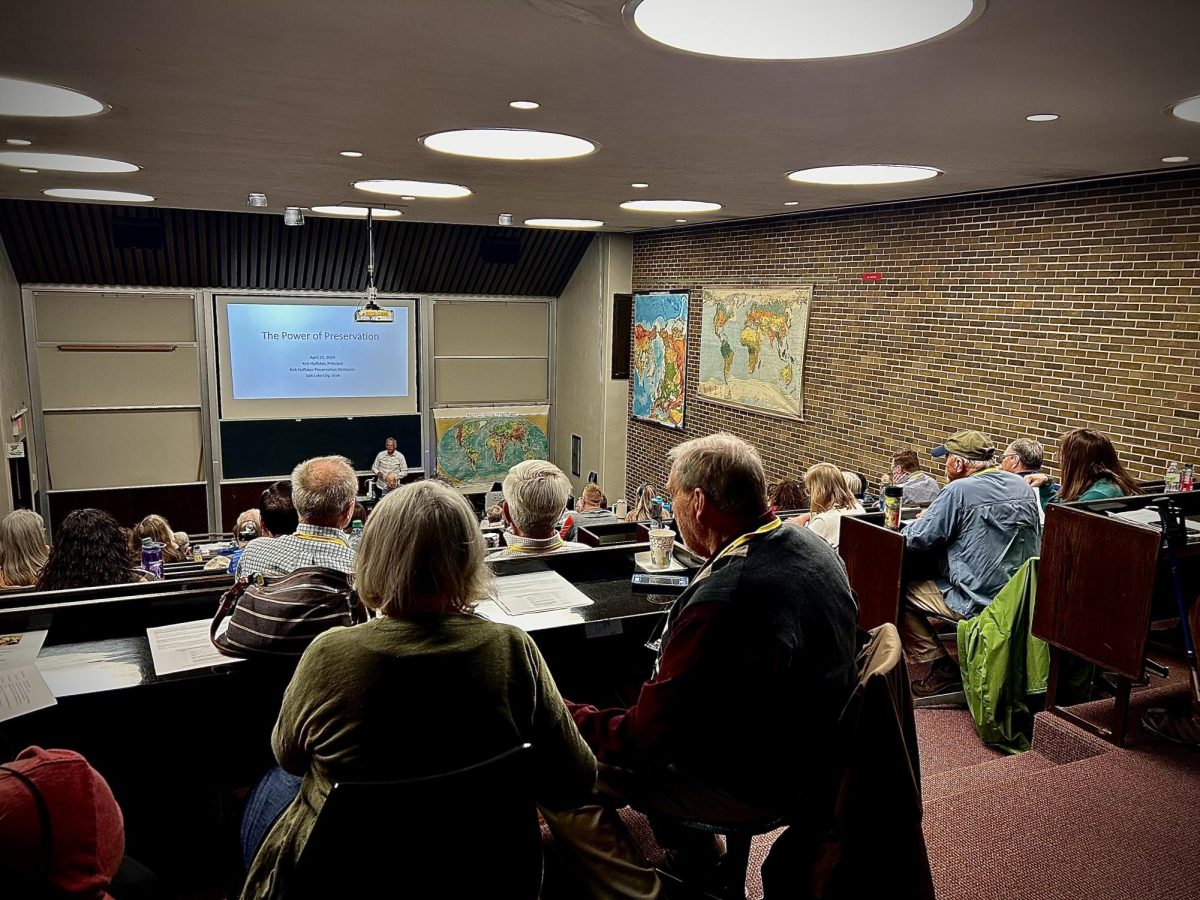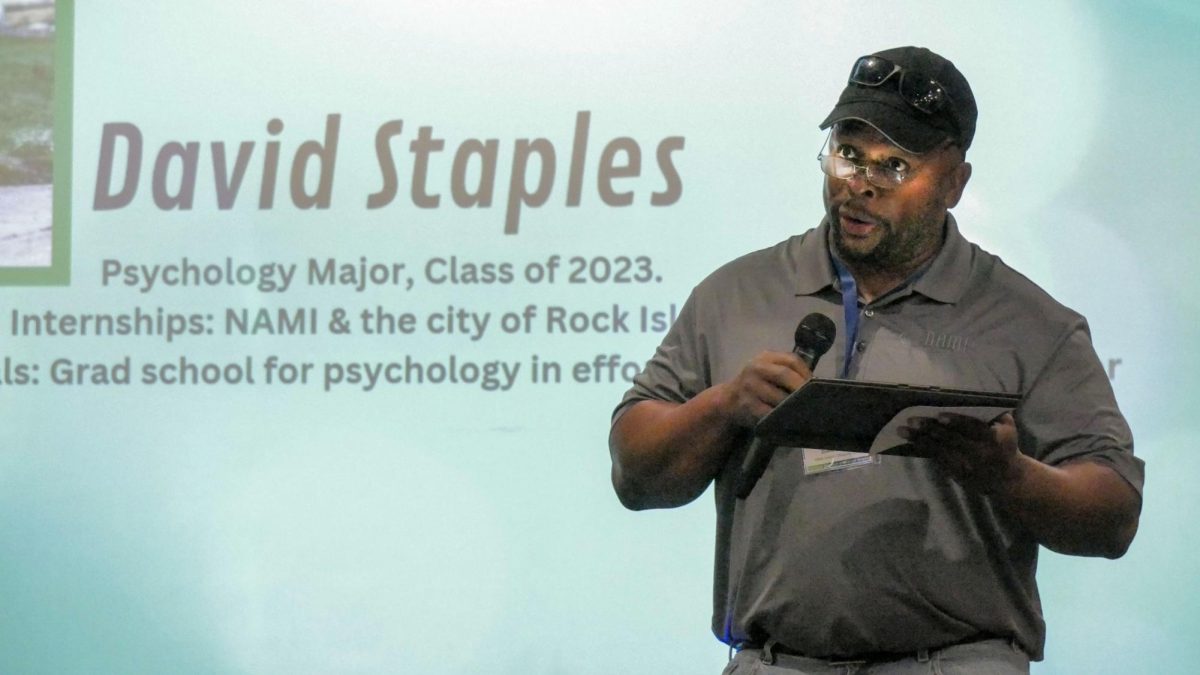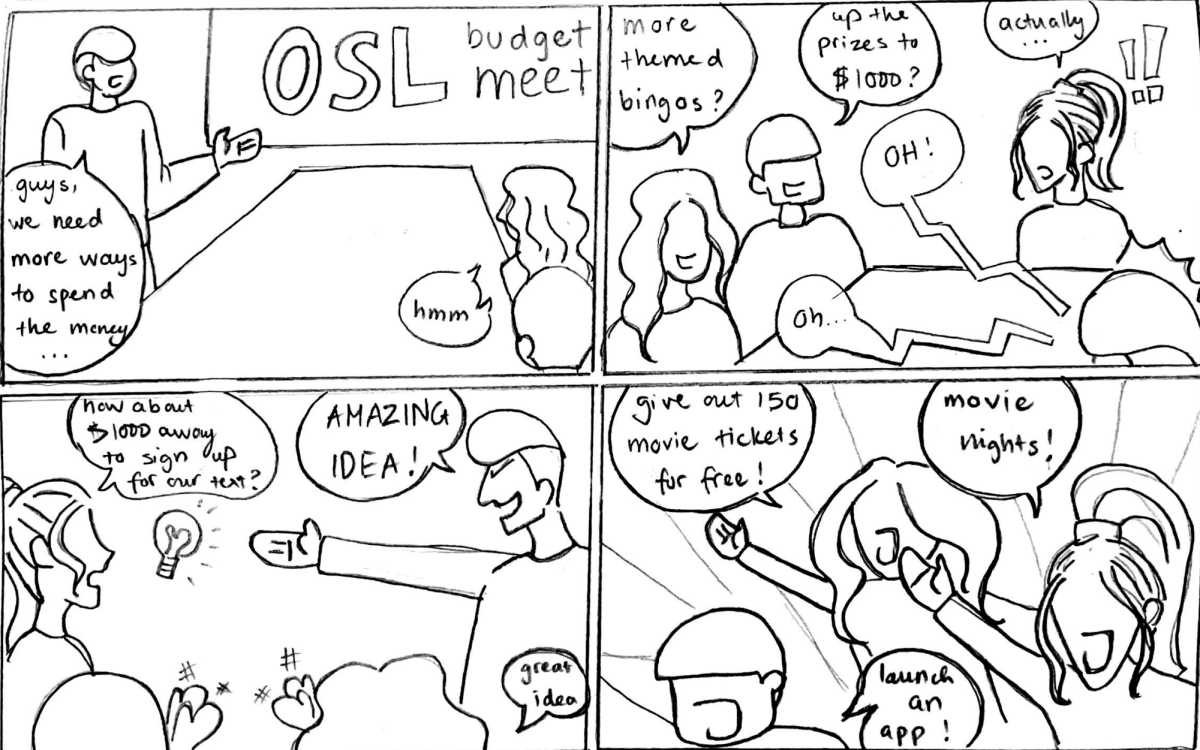In today’s fast-paced, primarily finance-driven society, the pursuit of higher education is often viewed through the narrow lens of which degree offers the greatest number of job prospects and financial returns. Under the limitations of this lens, some degrees may be deemed “useless” due to the lack of jobs in that field and thus limited monetary benefit.
However, the notion that some degrees are inherently “useless” fails to acknowledge the resulting personal fulfillment and societal contributions that can stem from pursuing one’s passion. While it’s undeniable that certain fields may not be associated with financially lucrative careers, the benefits of pursuing something for the sake of intellectual growth and personal fulfillment should not be disregarded.
Yes, there has long been debate about a student’s choice to pursue a degree for its potential financial rewards versus one that speaks to their passions. Some students may even be lucky, where their passions align with career and monetary stability.
Practical considerations, such as job security and earning potential, understandably influence many individuals’ academic decisions. College is an investment in your future, and pursuing a degree that will yield returns—particularly those that are financial—is highly sought after.
On the other hand, basing the value of education solely on its monetary outcomes overlooks the intrinsic worth of learning for its own sake and may subject students to a lifetime of unhappiness and unfulfillment.
At the heart of this debate lies the question of personal fulfillment versus financial stability. While it’s true that certain degrees may not lead directly to high-paying jobs, the fulfillment derived from pursuing one’s passions cannot be quantified in terms of money alone as each field of study offers unique rewards beyond the realm of economic gain.
Many students, myself included, have heard the saying, “If you do what you love, you’ll never work a day in your life.”
Yes, there is something to be said for pursuing a degree for financial reasons; many students have pressing concerns post-graduation, like paying off student loans, housing and even starting a family—all of which require financial stability to some degree.
But, is having money worth it if you spend your life doing something you dislike? Something that leaves you feeling unfulfilled, empty and dreaming of a life filled with other, better things?
Sure, you’ll be able to pay off the many taxes of life, but you’ll be left eagerly awaiting retirement, or when you get to go home to relax and partake in other, preferable hobbies or activities, which you may end up being too tired for.
Even then, retirement may not even be possible. Health issues may get in the way, or maybe your career may not be as lucrative as it once seemed to be.
So, when pursuing a degree, it’s critical to weigh your options of financial stability or personal fulfillment as, in many cases, it’s impossible to achieve both.
Also, the societal implications of deeming certain degrees “useless” are far-reaching and detrimental. By perpetuating the idea that only economically lucrative fields have value, we risk devaluing fields like the humanities, arts and social sciences—disciplines that foster critical thinking, cultural understanding and empathy.
In a world grappling with complex social issues and cultural divides, the importance of such disciplines cannot be overstated.
It’s also worth noting that the notion of a “useless” degree is inherently subjective and culturally biased.
What may be considered impractical in one context could be highly valued in another. Thus, by embracing diversity in academic pursuits and recognizing the inherent worth of all fields of study, financial or otherwise, we are capable of fostering a more inclusive and intellectually vibrant society.
The idea that some degrees are “useless” undermines the true purpose of higher education. Rather than prioritizing financial returns at the expense of personal fulfillment, we should encourage students to pursue their passions and embrace the intrinsic value of learning for its own sake, for purposes of personal fulfillment and societal good. By doing so, we not only enrich our own lives but also contribute to a more enlightened and empathetic society.







































































































